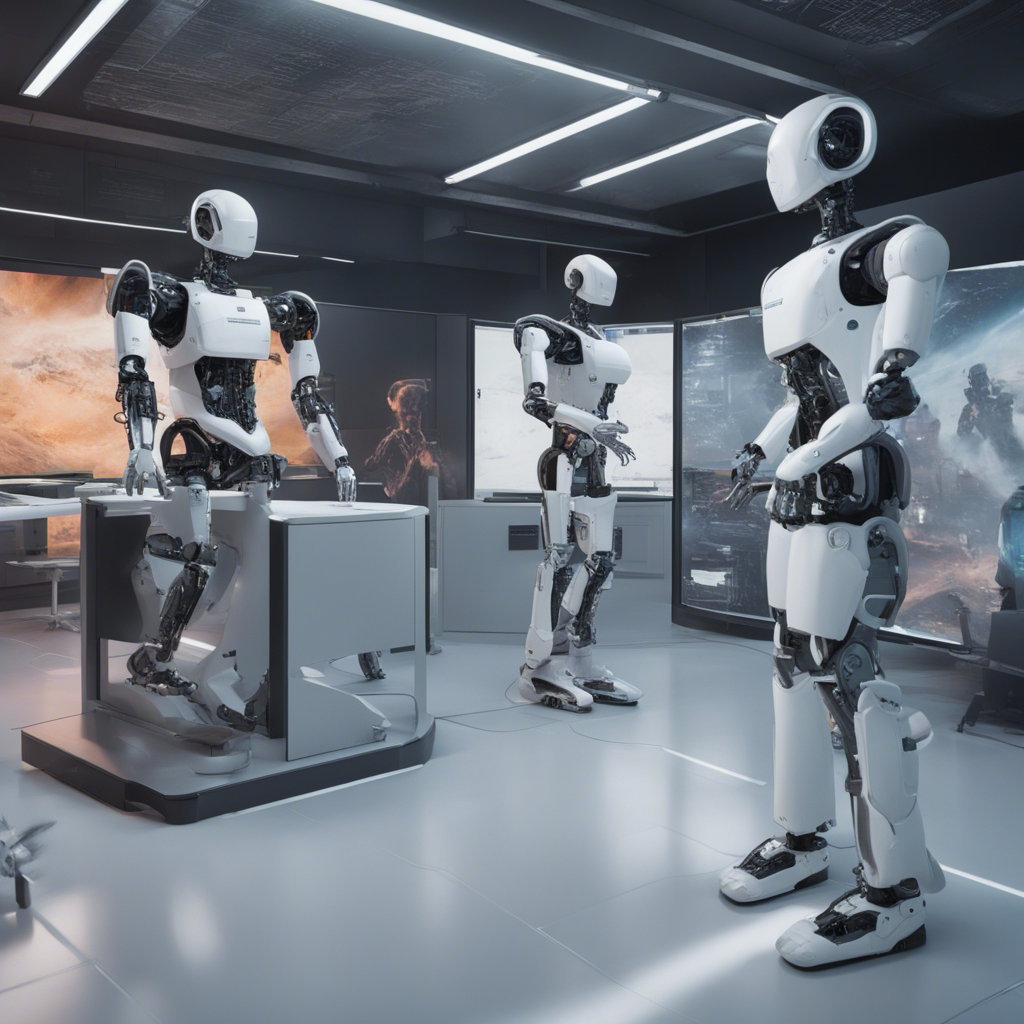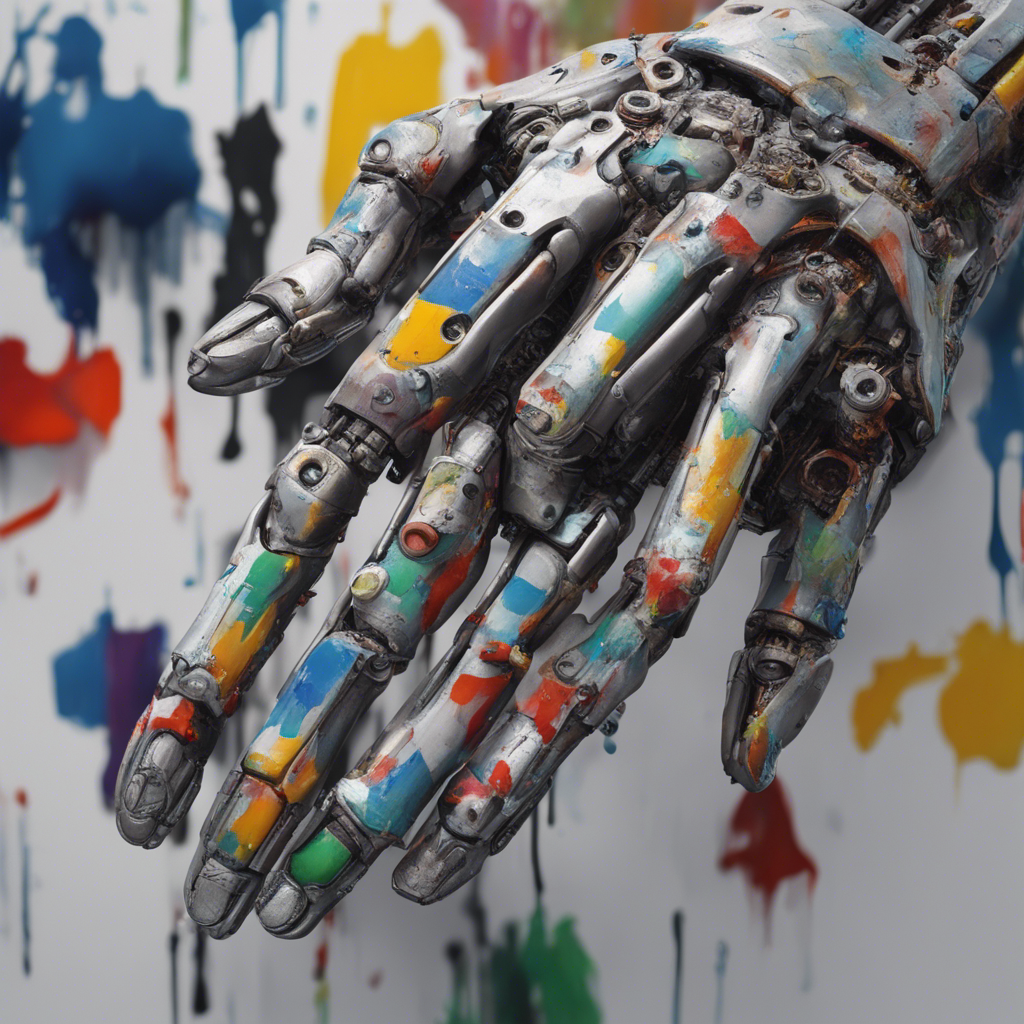
Quantum computing has long been heralded as the next frontier in technological advancement. With its ability to manipulate and store vast amounts of information in quantum bits, or qubits, quantum computers have the potential to exponentially increase computing power and solve complex problems that traditional computers struggle with.
One area where quantum computing shows immense promise is artificial intelligence (AI). As AI continues to evolve, the demand for more powerful and efficient computing methods has become apparent. Quantum computing offers a glimpse into a future where AI systems can process data at a speed and scale that was once unimaginable, paving the way for groundbreaking discoveries and advancements in the field.
Unleashing the Power of Quantum Supremacy
One of the critical advantages of quantum computing is its potential to achieve quantum supremacy. Quantum supremacy refers to the ability of a quantum computer to solve complex problems exponentially faster than classical computers. This implies that tasks that previously took thousands of years to complete on a classical computer can be performed by a quantum computer in mere seconds.
With AI, this means that complex machine learning algorithms can be trained and optimized at an astonishing pace. For example, training deep neural networks, which typically require an enormous amount of computational resources and time, can be significantly accelerated with the help of a quantum computer. This could open up new possibilities for training more advanced AI models, enabling them to tackle complex problems more efficiently and accurately.
Enhanced Optimization and Pattern Recognition
Quantum computing holds promise for enhancing optimization algorithms, such as those used in reinforcement learning, a technique widely employed in AI systems. Quantum algorithms can explore vast solution spaces efficiently, allowing for faster and more accurate optimization. This could lead to advancements in various fields, including drug discovery, financial modeling, and supply chain management.
Furthermore, quantum computing can greatly improve pattern recognition, an essential aspect of AI. Quantum algorithms can identify complex patterns and relationships more effectively, helping AI systems gain deeper insights and make more accurate predictions. This capability could revolutionize AI applications across a wide range of industries, including healthcare, finance, and transportation.
Solving Complex Problems with Quantum Machine Learning
Quantum machine learning, a symbiotic relationship between quantum computing and AI, has emerged as a fascinating area of research. By leveraging the power of quantum computers, researchers are developing new machine learning algorithms that can solve complex problems more efficiently.
In particular, quantum machine learning algorithms can exploit the unique properties of quantum systems to perform tasks such as clustering, classification, and regression analysis. These algorithms can handle vast amounts of data while preserving quantum coherence, allowing for more accurate and insightful analysis. Such advances in quantum machine learning could have significant implications for fields such as image recognition, natural language processing, and data analysis.
Overcoming Limitations and Challenges
While the potential of quantum computing to revolutionize AI is undeniable, there are still significant challenges and limitations that need to be addressed. Currently, quantum computers are highly prone to errors due to factors such as decoherence, unwanted interactions, and noise. These errors can compromise the accuracy of computations and hinder the reliability of AI applications.
To overcome these challenges, ongoing research focuses on developing robust error-correction techniques, optimizing quantum algorithms, and designing fault-tolerant quantum computing architectures. As advancements in quantum technology continue, it is expected that these limitations will be gradually overcome, enabling quantum computing to fulfill its true potential in revolutionizing AI.
Looking Ahead
The intersection of quantum computing and AI holds immense potential for transforming various industries and pushing the boundaries of technological innovation. As quantum computers become more accessible and powerful, the integration of quantum algorithms and machine learning techniques will undoubtedly redefine the capabilities of AI systems.
Nonetheless, it is important to recognize that the realization of this potential will require interdisciplinary collaboration between researchers, computer scientists, and domain experts. Only through collective efforts and continuous exploration can we fully unlock the power of quantum computing and revolutionize AI, leading us into a new era of unprecedented possibilities.
References:
- Aaronson, S., & Chen, L. (2020). Complexity-theoretic foundations of quantum supremacy experiments. Communications of the ACM, 63(4), 56-63.
- Biamonte, J., & Wittek, P. (2017). Quantum machine learning. arXiv preprint arXiv:1611.09347.
- Preskill, J. (2018). Quantum computing in the NISQ era and beyond. Quantum, 2, 79.
- Rebentrost, P., Mohseni, M., & Lloyd, S. (2014). Quantum support vector machine for big data classification. Physical Review Letters, 113(13), 130503.
- Zhang, C., & Liu, A. (2020). Quantum machine learning: concepts, techniques, and applications. Quantum Science and Technology, 5(3), 033001.
Disclaimer: The blog post is for informational purposes only. The opinions expressed in this article are those of the author and not necessarily the views of the blog or its publishers.






